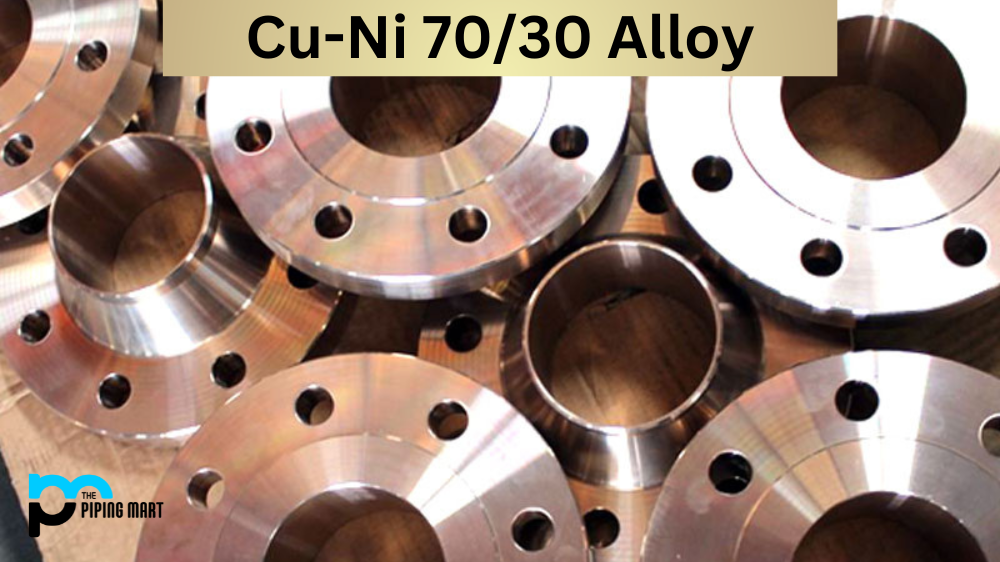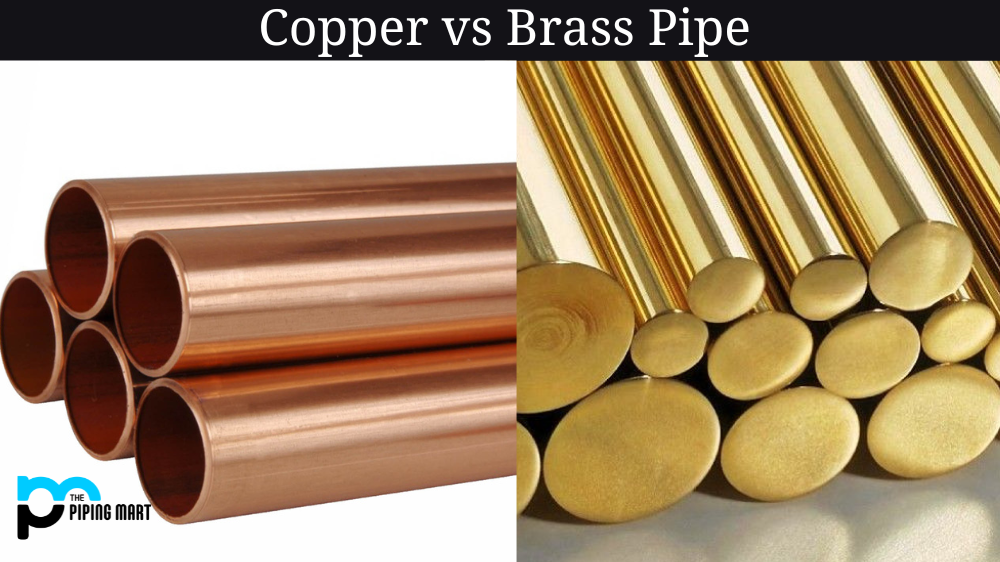The Cu-Ni 70/30 alloy is an alloy composed of copper and nickel in a ratio of 70% copper to 30% nickel. It is widely used in industries such as aerospace, medical, and marine engineering. Let’s take a closer look at the chemical composition of this alloy and its applications.
Cu-ni alloy Chemical Composition
The chemical composition of the Cu-Ni 70/30 alloy is as follows: Copper (70%), Nickel (30%), Iron (0.35%), Manganese (0.35%), Silicon (0.25%), and other trace elements (< 0.1%). This combination makes it highly resistant to corrosion, making it an ideal material for use in many industries.
Applications
Due to its resistance to corrosion, the Cu-Ni 70/30 alloy is widely used in various applications, such as aerospace components, fuel tanks, boat hulls, medical implants, and other surgical instruments. Its superior strength also makes it ideal for applications requiring high strength, such as fasteners and connectors. Its excellent thermal conductivity makes it ideal for heat exchangers and cooling systems, while its electrical conductivity makes it suitable for use in electrical components like circuit boards and wiring harnesses.
Cu-ni alloy properties
Cu-Ni alloys are becoming increasingly popular due to their wide range of properties. These alloys have excellent corrosion and stress corrosion resistance, with good strength and toughness even in extreme temperatures. The mechanical properties of Cu-Ni alloys can be tailored by varying their composition, allowing for their use in a variety of applications ranging from cryogenic equipment to offshore oil technology. Furthermore, the addition of Ni increases the electrical and thermal conductivity of Cu while eliminating embrittlement issues associated with higher percentages, making these alloys highly suitable for electrical connectors. With these desirable traits, it is no wonder that Cu-Ni alloys have become such a staple in many industries.
Cu-ni alloy name
Cu-Ni alloys are becoming increasingly popular due to their wide range of properties. These alloys have excellent corrosion and stress corrosion resistance, with good strength and toughness even in extreme temperatures. The mechanical properties of Cu-Ni alloys can be tailored by varying their composition, allowing for their use in a variety of applications ranging from cryogenic equipment to offshore oil technology. Furthermore, the addition of Ni increases the electrical and thermal conductivity of Cu while eliminating embrittlement issues associated with higher percentages, making these alloys highly suitable for electrical connectors. With these desirable traits, it is no wonder that Cu-Ni alloys have become such a staple in many industries.
Conclusion:
Overall, the Cu-Ni 70/30 alloy has many beneficial properties that make it an ideal choice for many industries ranging from aerospace to medical engineering applications. Its excellent corrosion resistance, high strength, and thermal conductivity make it an excellent choice for a variety of uses where these qualities are needed. If you are looking for a reliable material with these properties, then consider using the Cu-Ni 70/30 alloy for your project!
Sakshee is a talented blogger, with a particular focus on the Business and Metal Industry. She is passionate about sharing her insights on various metal products and helping professionals to make a better decisions.




